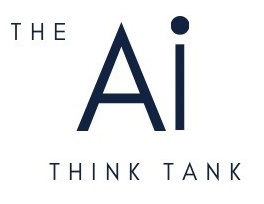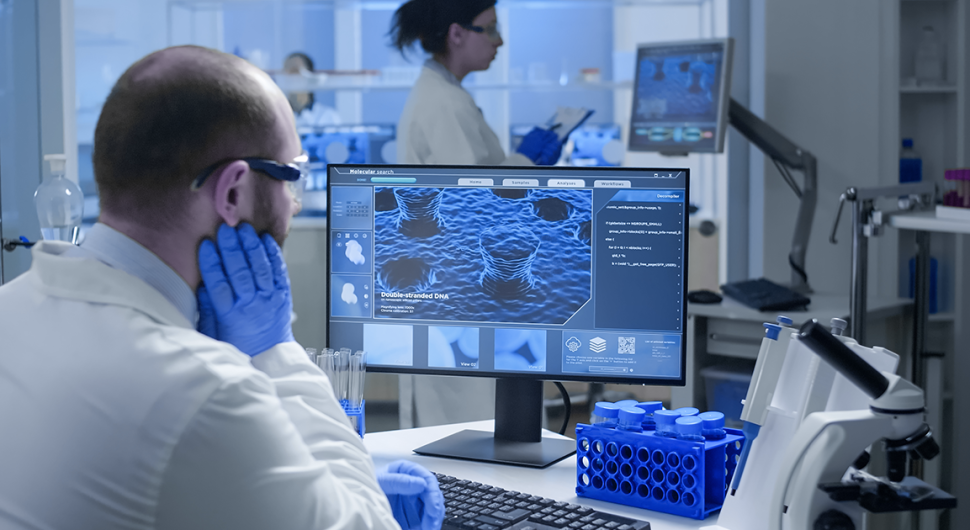Artificial intelligence (AI) is a powerful tool for healthcare professionals, and one of its core applications in this industry is medical imaging. With the ability to analyze large amounts of data quickly and accurately, AI is helping to improve disease detection and diagnosis and personalize treatment plans. Are you interested in learning more?
Read this article to discover the exciting applications and examples of using AI in medical imaging.
The Growing Role of AI in Medical Imaging: Trends and Predictions
According to Mordor Intelligence’s report, the AI Market for Medical Imaging is expected to witness a substantial growth rate of 30.4% from 2022 to 2027. The authors of the report say that this growth can be attributed to the increasing aging population and the growing investments in healthcare infrastructure.
Developed countries are investing heavily in providing advanced and affordable healthcare services to their citizens, positively impacting the overall market growth. The growth of AI in medical imaging is expected to revolutionize disease detection, diagnosis, and personalized treatment plans, leading to a more efficient and effective healthcare system.
5 Key Advantages of Using AI in Medical Imaging
- Improved accuracy: AI algorithms can analyze medical images with greater accuracy than humans, reducing the chances of misdiagnosis or missed diagnoses. This helps to improve patient outcomes and reduce healthcare costs.
- Personalized treatment plans: AI can help physicians create personalized treatment plans for patients by analyzing medical images and other clinical data. This can lead to more effective treatments and better outcomes for patients.
- Faster diagnosis: AI algorithms can analyze large amounts of medical imaging data quickly, leading to faster and more accurate diagnoses. This can help healthcare professionals make informed decisions about patient care in a timely manner.
- Reduced healthcare costs: By improving the accuracy of diagnoses and treatments, AI can help reduce healthcare costs. This is especially important in the current healthcare landscape, where costs are rising, and resources are limited.
- Improved workflow: AI can automate many routine tasks in medical imaging, such as image analysis and report generation. This can help healthcare professionals work more efficiently, freeing up time to focus on patient care.


